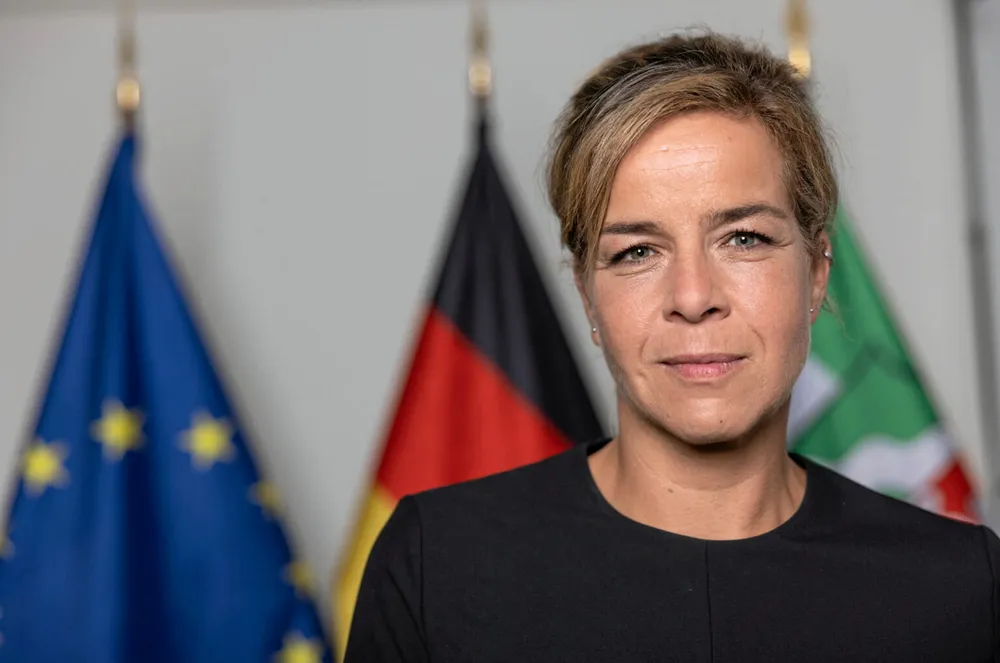German state awards €20m for the construction of seven hydrogen truck refuelling stations
Air Products and E.ON among the recipients of grants that will provide up to 70% of capital costs

Air Products and E.ON among the recipients of grants that will provide up to 70% of capital costs
